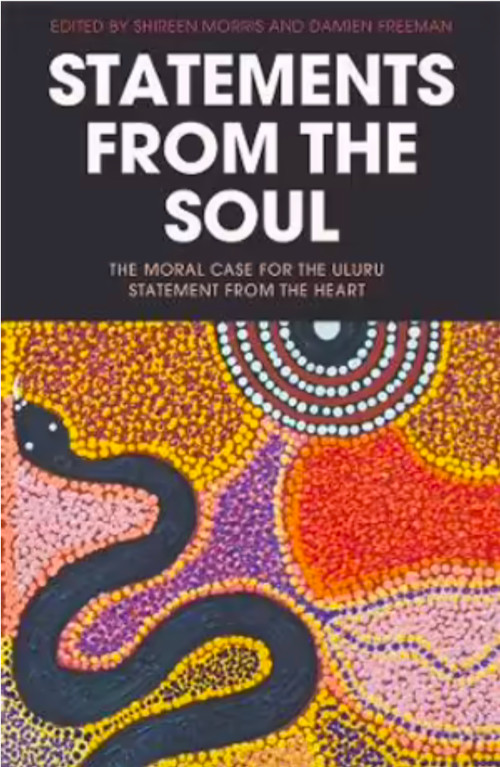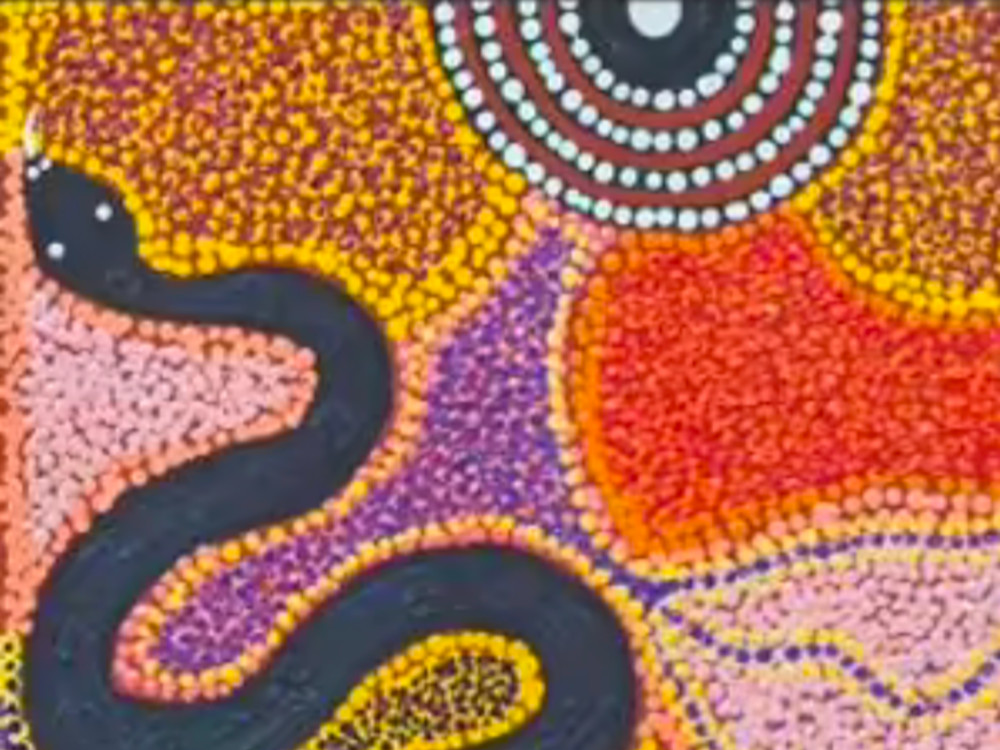A new book, Statements from the Soul, gathers essays that read as cries from the heart from religious leaders who back a positive response to the Uluru Statement from the Heart, including Indigenous Voice in some fo…
Notable essays for The Other Cheek readers include those from Sydney Anglican Archbishop Kanishka Raffel and Stan Grant.
To have friendship and partnership with the indigenous peoples of this continent, Raffel argues what the Uluru statement calls for, truth-telling and agreement-making alongside “voice.” He is not arguing for a particular voice proposal but for the Biblical imperative of reconciliation, which he sees as requiring a deep listening to Uluru and a wholehearted response.
“Reconciliation is a central theme of the Bible and a key way of describing God’s work through Jesus to bring peace between us and God, and between peoples. The Bible often connects the saving, reconciling work of God with the restored relationships that we should seek with each other, writes the chair of the Sydney Anglican Doctrine Commission, Mark Thompson, in its report on reconciliation. ‘We may not be able to achieve reconciliation unilaterally in the way that God can, in his infinite power and grace, but the love of God in Christ provides the essential shape and basis of reconciliation in human relationships.’ I quote the report at length:
“We see in God’s reconciling work the shape of all true reconciliation – where the source of the enmity or hostility is accurately recognised as arising from human sin, where the cost and consequences of sin are dealt with, and where forgiveness and the restoration of relationship is thus made possible.
“We also discover in God’s reconciling love a new basis and motivation for reconciliation in human relationships. In Christ, God recreates us as new people (2 Cor 5:16-18), no longer trapped in the inwardness and selfishness of sin, but now forgiven and set free in the Spirit to walk in love (Gal 5:13-26). Christ is the mediator not only of reconciliation between us and God, but of reconciliation between alienated and hostile people.
“The shape of biblical reconciliation described in this way appears to resonate with the aims of Makarrata, ‘truth-telling’ and ‘agreement-making’.”
Raffel does not endorse a particular proposal for the shape of the voice. However, his essay is in the spirit of the vote at the Sydney Synod (church parliament) last year that urged “church members to give generous consideration to the case to vote ‘Yes’ to the referendum question of whether the Consitution should establish a First Nations Voice, once the details have been made clear.”
Stan Grant wrote,e “The Uluru Statement is a testament to love and forgiveness and remembering rightly.” He appeals to our celebration of Easter as a reason to support justice for indigenous people and hence support for the Voice as part of the program of the Uluru statement.
“The Uluru Statement speaks back to what the contemporary German theologian JürgenMoltmann called ‘the idolatry of the nation’ He was referring to the war-torn Balkans, but he could just as easily be speaking of us. In The Crucified God, he asked what we ask here: ‘If it becomes possible to heal there the festering and hate-filled memories, and to overcome “national thinking” ecumenically in the spirit of Christ . . . then there will be a resurrection of life out of the ruins and above the graves.’
“This is the divine mission of the Uluru Statement from the Heart, to resurrect ourselves out of the ruins and above the graves. To Moltmann – like Simone Weil – all Christian life is an answer to that question: why hast thou forsaken me? Moltmann writes: ‘Unless it apprehends the pain of the negative, Christian hope cannot be realistic and liberating.
“Those who profess love of Christ yet turn a deaf ear to the cries of the forsaken must surely ask what their faith is for. Christian identity, writes Moltmann, ‘can be understood only as an act of identification with the crucified Christ’ With each passing year, with each Easter commemoration of the crucifixion and resurrection of Jesus that we continue to witness the suffering of those afflicted
– when we mark another year of injustice for the first people of our land, where is liberation for any of us? All we have are the unmarked graves and the idolatry of the nation.”
Grant adds that Christ, the crucified one asks of the afflicted that they also forgive, lest their history poisons them.

Statements from the Soul: The Moral Case for the Uluru Statement from the Heart by Shiren Morris, Damien Freeman, Black Ink $26.95 Available from Booktopia


One Comment
Comments are closed.